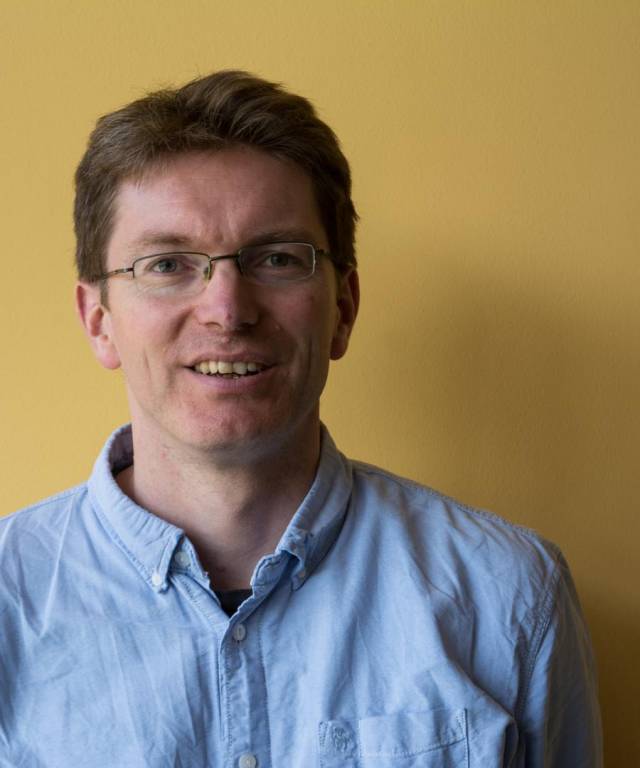Committee and Speakers
 Dr Chris Dent
Dr Chris Dent
- Chancellor's Fellow School of Mathematics, University of Edinburgh
- Email: Chris.Dent@ed.ac.uk
- Telephone: 0131 650 5064
- UKES 2019 Science Board member
Dr. Chris Dent grew up in Bury, south Lancashire. He read Mathematics at Peterhouse, Cambridge, before studying for his PhD in Theoretical Physics at Loughborough and spending four years as a Physics postdoc at Heriot-Watt and Marburg Universities. In 2005-6 he studied for the MSc in Operational Research at Edinburgh, and spent the subsequent ten years as a postdoc (Edinburgh and Durham Universities) and then academic (Durham) in energy systems modelling. In September 2016 he joined the School of Mathematics at Edinburgh as Chancellor's Fellow and Reader in Industrial Mathematics.
His principle research interests lie in methodology for security of supply risk analysis, and in large scale techno-economic modelling of energy systems - he also takes a much broader interest in energy systems analysis, including statistical modelling for reliability assessment, optimization of power system operation, energy system planning, integrated energy systems, renewable resource modelling, and the use of modelling evidence in policy and planning decisions. His most prominent industrial work has been in assisting National Grid with design of the GB Electricity Capacity Assessment Study since 2011.
In addition to his main appointment at Edinburgh, he is a Turing Fellow at the Alan Turing Institute for Data Science. In 2012 he won the IET Mike Sargeant Young Engineer Career Achievement Award, and he has also won a Durham University Award for Excellent in Research Impact. He is a Fellow of the OR Society, a Chartered Engineer, and a Senior Member of the IEEE. When not doing research on the boundary between industrial mathematics and energy systems analysis, he enjoys playing the cello and hillwalking (in 2009 he became Munroist 4475.)
Dr. Dent's research interests include operational and planning optimization, uncertainty quantification in large scale energy system models, security of supply risk analysis, statistical modelling of renewable resource, and people/institutional aspects of the use of modelling in public policy decsions.








